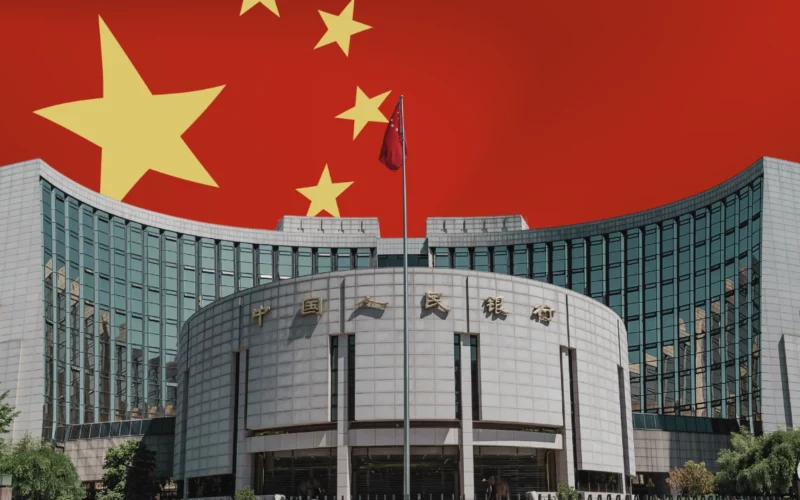The yuan already surpasses the dollar in China’s cross-border transactions while the country maintains strict controls on other digital assets domestically.
China’s main bank opened a digital yuan office in Shanghai this week, part of the country’s plan to get more nations using its money around the world.
The People’s Bank of China built this new center to run payment systems that work across borders and handle blockchain technology. The goal is connecting China’s money networks with banks in other countries, according to Xinhua News Agency reports on Thursday.
Lu Lei, who works as deputy governor at the bank, said they already have basic systems ready for digital yuan payments between countries. The Shanghai office will help with trade deals, business investments, and new digital money services while making stronger links between China’s banks and those overseas.
The center follows other steps that Pan Gongsheng, the bank’s top governor, talked about back in June. He wants to open up China’s money markets more and get the yuan used in more places worldwide. His other ideas include looking at yuan futures trading and getting trade companies to sell bonds in Shanghai that work offshore.
This fits with President Xi Jinping’s bigger plan to make China a strong financial power with stable money. The push got more important as trade fights got worse under US President Donald Trump’s second time in office.
The yuan already beats the dollar in China’s deals with other countries these days. China’s own payment system called CIPS has been getting bigger too. Earlier this year, it added more foreign banks like United Overseas Bank.
However, there’s another story happening at the same time. China’s securities watchdog told some local investment companies to stop doing real-world asset tokenization work in Hong Kong. Two people who know about this said it shows Beijing worries about too much excitement for digital assets business happening outside China.
Real-world asset tokenization means taking regular investments like stocks, bonds, mutual funds, and even buildings, then turning them into digital tokens that can be traded on blockchain networks. Many Chinese companies, including investment firms, started these projects in Hong Kong over the past few months.
At least two big investment companies got informal advice from the China Securities Regulatory Commission in recent weeks. The message was to stop doing this real-world asset business in other countries, according to sources who know what happened.
One source said the new rules aim to better manage risks in this new type of business. They also want to make sure companies can back up their claims with real, legal operations.
Stock prices for big Chinese investment firms in Hong Kong took hits on Tuesday. Guotai Junan International and GF Securities lost between 2% and 7.25%. The whole market dropped 0.9% by morning close.
This comes while Hong Kong spent the past year trying to become Asia’s main digital assets center. Many firms, including Chinese investment companies, got ready to offer virtual asset trading, investment advice, and digital asset management.
China used to be the world’s biggest place for bitcoin trading and mining. But it changed course and banned cryptocurrency trading and mining in 2021 because officials worried about financial system problems.
Last month, Chinese regulators told big local investment firms to stop publishing research that supported stablecoins. This was meant to cool down growing interest in digital money among people inside China, Reuters reported using sources.
Beijing’s latest moves happened even though Hong Kong said in June that its Financial Services and the Treasury Bureau and Hong Kong Monetary Authority are checking legal issues around real-world asset tokenization. They’re looking at what other countries have done.








